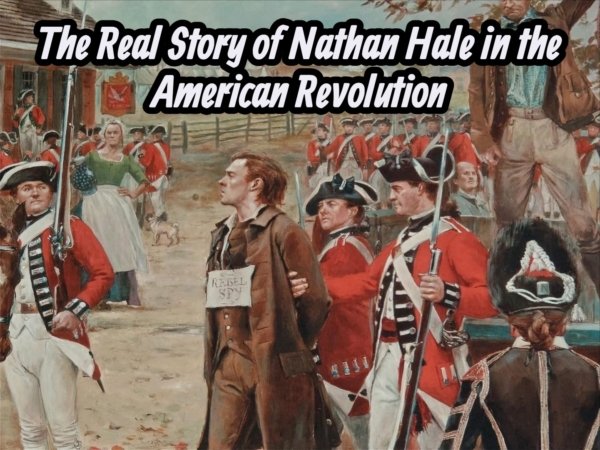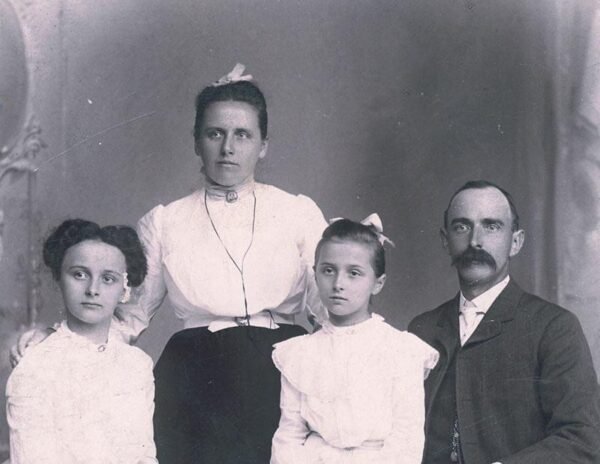Have you ever wondered what makes a legend? Is it the endless list of achievements, an unforgettable personality, or perhaps, a heart of gold that shines through decades of change? Betty White, a name synonymous with laughter, kindness, and groundbreaking talent, effortlessly checks all these boxes and more. But let’s roll back the tape to a simpler time, to a day in 1922, when the world was just getting to know this radiant child who would grow into an irreplaceable icon of television and an unwavering advocate for animals.
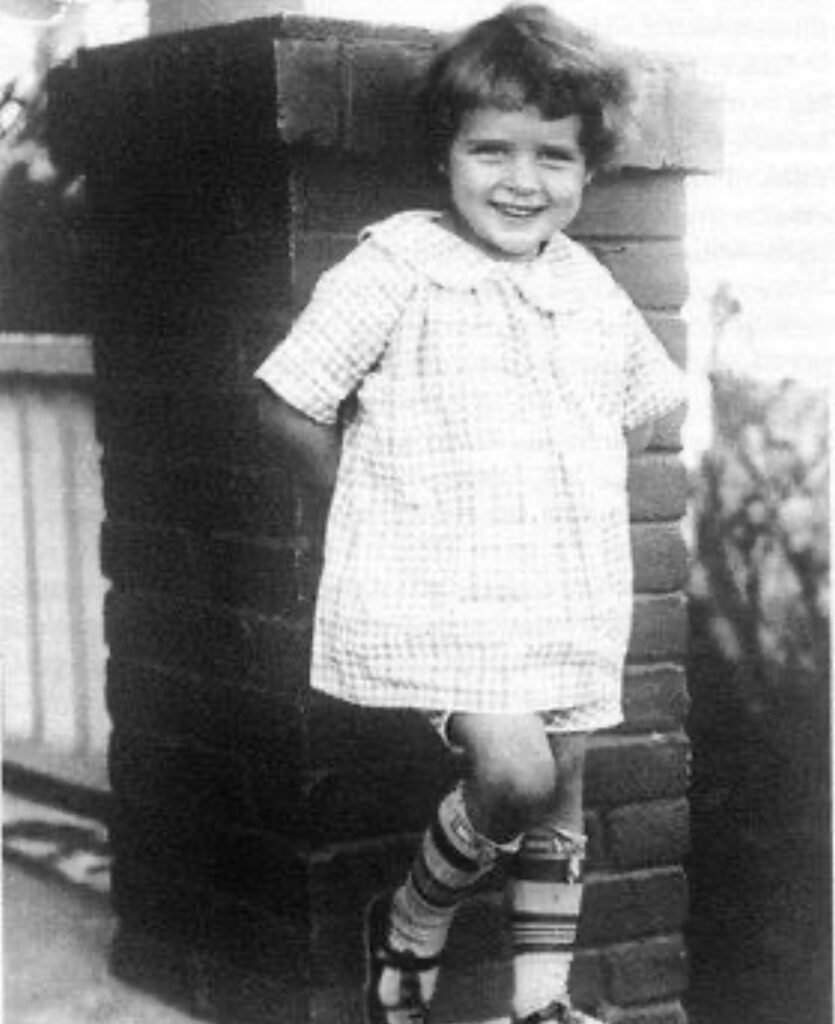
Betty’s story isn’t just about the glitz and glam of Hollywood; it’s a tale that begins in the heart of the Roaring Twenties, a period brimming with innovation and change. Imagine New York’s bustling streets, where filling stations were just beginning to fuel the era’s newfound mobility and independence, much like Betty would later fuel the world of entertainment with her indomitable spirit and quick wit . Her sixth birthday might seem like an ordinary day in the life of a child, but for Betty, it was the early dawn of a century-long journey that would see her breaking barriers, setting records, and leaving an indelible mark on the hearts of millions.
As we delve into the story of Betty White, let’s not just recount the milestones of her career or the accolades that adorned her legacy. Instead, let’s take a nostalgic trip through the eras she traversed, understanding how her life mirrored the evolution of American entertainment and society itself. From her early days, reminiscent of the simplicity of the horse and buggy era , to her becoming a beloved figure in homes around the globe, Betty’s journey is a testament to the power of perseverance, passion, and positivity.
In this article, we’re not merely celebrating a star; we’re retracing the steps of a woman who, like the antique-style globe, spins a tale of adventure, learning, and unmatched legacy . Join us as we explore how Betty White went from a bright-eyed girl celebrating her sixth birthday to becoming the golden girl of television, whose light continues to shine even in her absence.
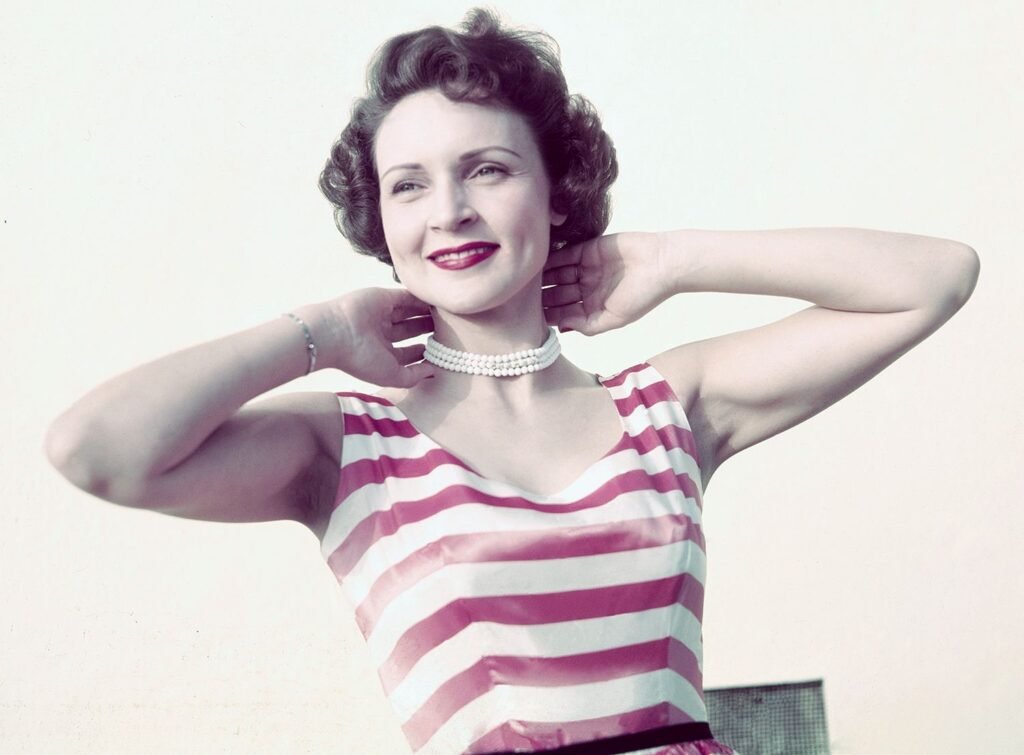
Who Was Betty White?
To grasp the full scope of Betty White’s influence, it’s essential to explore her identity beyond her public persona. Born in 1922 in Oak Park, Illinois, Betty later moved with her family to Los Angeles, a city on the brink of becoming a cinematic powerhouse. This relocation during her formative years placed her at the heart of an evolving America, much like the filling stations of New York were pivotal in fueling the Roaring Twenties, a period of significant societal shifts and innovations.
Growing up during the Great Depression imbued Betty with resilience and a deep-seated kindness, traits that would define her both on and off screen. These early experiences, amidst economic turmoil and societal challenges, shaped her into a compassionate individual with a passion for performance and an enduring love for animals. This lifelong commitment to animal welfare wasn’t merely a hobby but a vital component of her identity, leading her to advocate tirelessly for animal rights.
But who was Betty White, really? Beyond the beloved characters like the naive Rose Nylund or the cheeky Sue Ann Nivens, Betty was a pioneer for women in the entertainment industry. Her role as a producer on “Life with Elizabeth” showcased her as a formidable force behind the camera, breaking stereotypes and paving the way for future female producers.
Betty’s narrative began in an era reminiscent of the horse and buggy, far removed from the glitzy allure of Hollywood. Despite this, her unwavering determination propelled her toward a legendary career that would endear her to millions. She maneuvered through the entertainment industry’s complexities with unparalleled grace and humor, proving that talent and perseverance could triumph over any obstacle.
As we delve into the legacy of Betty White, let’s appreciate her not merely for the iconic roles she portrayed but for the extraordinary person she was beyond the camera. Her legacy, much like the nostalgic journey through the iconic signs of the ’90s, evokes a sense of nostalgia and admiration, reminding us of television’s golden era and its most shining star. Betty White’s story is a testament to the impact one individual can have on the world, blending humor, kindness, and groundbreaking talent into a legacy that will forever illuminate the entertainment landscape.
What Made Betty White’s Sixth Birthday Special?
Imagine a world without social media, without the endless buzz of the internet—just pure, unadulterated childhood joy. This was the essence of Betty White’s sixth birthday in 1928. In an era where the simple pleasures of life reigned supreme, Betty’s birthday wasn’t just a celebration of another year; it was a testament to the times, a snapshot of the Roaring Twenties’ vibrancy, encapsulated in the laughter and innocence of a young girl’s special day.
But what truly made Betty White’s sixth birthday special wasn’t just the cake or the presents. It was the era she was growing up in, a time marked by significant societal shifts and technological advancements. As cars began to populate the streets, symbolizing progress and freedom, New York’s filling stations were busy fueling the Roaring Twenties, a period of economic prosperity and cultural flourishing. Betty’s birthday, in many ways, mirrored the optimism and growth of her time, setting the stage for a life that would be as impactful as the era she was born into.
This day of joy also hinted at the resilience and strength that Betty would carry with her throughout her life. Born just before the Great Depression, she would grow to see and be part of the world’s transformation, embodying the spirit of perseverance that defined her generation. Her early exposure to the entertainment world, even as a child, would lay the groundwork for her future in show business, marking the beginning of a journey filled with milestones and achievements.
In reflecting on Betty White’s sixth birthday, we’re reminded of the simplicity and beauty of life’s beginnings. It’s a poignant reminder of how the seeds of greatness are often sown in quiet, unassuming moments. Just as the simplicity of the horse and buggy era evokes a sense of nostalgia for a time gone by, Betty’s early years evoke a fondness for a world that cherished simplicity, community, and the joy of living.
Betty White’s sixth birthday might seem like a small chapter in the grand book of her life, but it’s a chapter that encapsulates the essence of who she was and who she would become—a beacon of joy, resilience, and unwavering positivity. As we celebrate her life and legacy, we recognize that it’s these moments of simple joy that lay the foundations for a life well-lived, a life that would inspire and entertain generations to come.
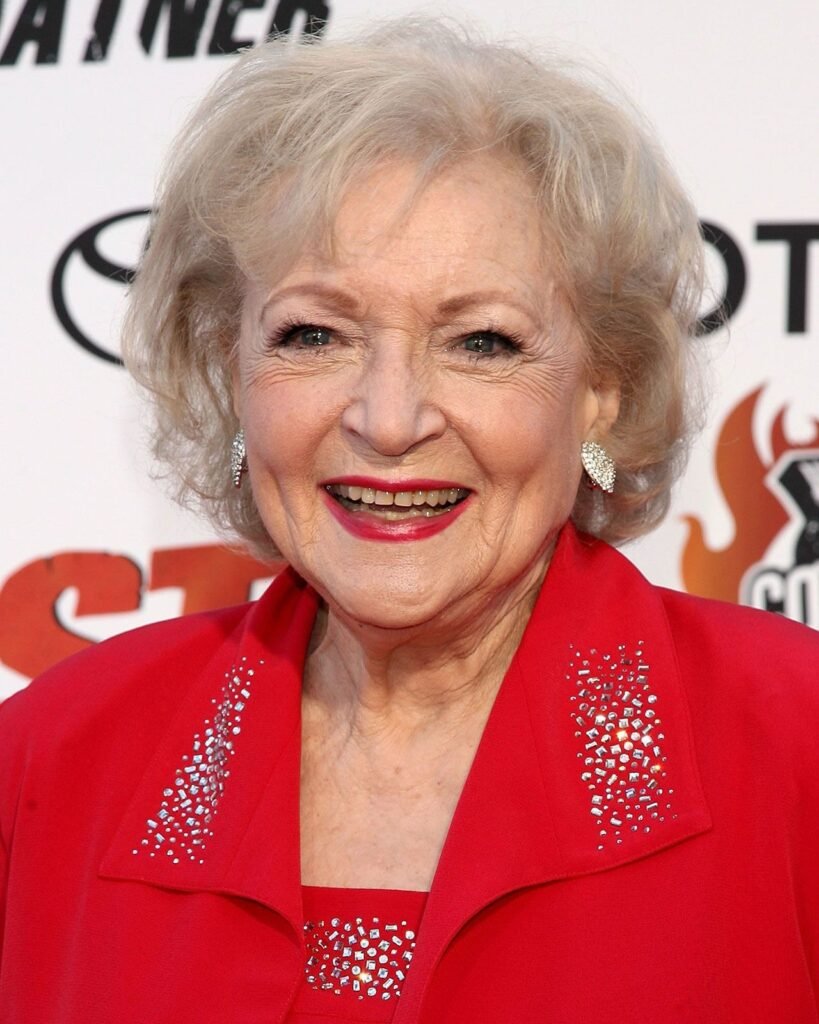
How Did Betty White Begin Her Career in Entertainment?
Diving into the origin story of Betty White’s illustrious career is akin to unearthing a treasure trove of perseverance, timing, and raw talent. From her modest beginnings in the early echoes of Hollywood’s golden age, Betty’s journey to stardom was anything but straightforward. It was a path paved with challenges, auditions, and the relentless pursuit of a dream that seemed almost intangible at times.
After her family moved to Los Angeles, Betty attended Beverly Hills High School, where she discovered a profound love for performing. Yet, it wasn’t until after her graduation in the late 1930s that she took her first significant steps toward her future in entertainment. Initially, Betty aspired to be a writer or a forest ranger, but the latter was a career not open to women at the time. This limitation, however, didn’t deter her; instead, it steered her toward the radio, where her voice could be heard, if not her face seen.
Betty’s entry into show business was through radio, a medium that was both immensely popular and accessible in the early 20th century. She started with small parts, often without pay, just to get her foot in the door. Her persistence paid off when she landed her first minor role, which quickly led to her own radio show, “The Betty White Show.” This was a significant milestone, not just for Betty but for women in the industry, marking the beginning of a career that would break barriers and set new standards.
But radio was only the beginning. The advent of television presented a new frontier, one that Betty embraced with open arms. In 1949, she co-hosted “Hollywood on Television,” a live variety show that showcased her versatility and charisma. This opportunity wasn’t just a step up in her career; it was a leap into a burgeoning industry that would soon dominate American culture.
Betty’s early career in entertainment, much like the antique-style globe that enhances knowledge, was about exploration and discovery. She navigated the landscape of showbiz with a pioneering spirit, laying the groundwork for a legacy that would endure for decades. Her transition from radio to television was a testament to her adaptability and foresight, qualities that would become hallmarks of her career.
As we reflect on Betty White’s early foray into entertainment, we’re reminded of the sheer force of will and dedication it takes to make a mark in such a competitive industry. Her journey from radio to television, from unpaid parts to leading roles, mirrors the evolution of American entertainment itself. Betty White didn’t just witness the transformation of show business; she was an integral part of it, shaping the landscape with her talent, charm, and unwavering commitment to her craft.
What Were Betty White’s Most Iconic Roles?
Betty White’s career spanned over eight decades, a testament to her enduring talent and versatility. She became a household name, beloved by generations for her warm personality and impeccable comedic timing. While she graced many roles with her presence, a few stand out for their iconic status and the indelible mark they left on television history.
Rose Nylund in “The Golden Girls”
Perhaps Betty’s most beloved role was as the sweet and naïve Rose Nylund on “The Golden Girls.” This sitcom, which aired from 1985 to 1992, broke new ground by focusing on the lives of four older women living together in Miami. Rose’s innocence, often leading to hilariously literal interpretations of everyday sayings, provided a perfect foil to the more worldly and cynical characters. This role earned Betty a new generation of fans and highlighted her ability to embody a character fully, making Rose a television icon.
Sue Ann Nivens in “The Mary Tyler Moore Show”
Before “The Golden Girls,” Betty captured audiences’ hearts as Sue Ann Nivens on “The Mary Tyler Moore Show.” Sue Ann, the host of the fictional “Happy Homemaker” show, was a sharp contrast to Betty’s real-life personality. Known for her saccharine sweetness on screen and her biting wit off it, Sue Ann was a complex character who added depth to the beloved sitcom. This role showcased Betty’s range as an actress, earning her critical acclaim and several Emmy nominations.
Elka Ostrovsky in “Hot in Cleveland”
Even in her later years, Betty continued to charm audiences as Elka Ostrovsky on “Hot in Cleveland.” This role, which she played from 2010 until 2015, allowed Betty to display her comedic talents to the fullest, delivering witty one-liners with impeccable timing. As a sassy and sharp-tongued caretaker, Elka became a fan favorite, proving that Betty’s ability to steal the scene was undiminished by time.
A Pioneering Woman in Entertainment
Beyond these roles, Betty White was a pioneer in the television industry. She was one of the first women to have control both in front of and behind the camera as the producer and star of “Life with Elizabeth” in the 1950s. This groundbreaking work paved the way for future generations of women in television, both on and off the screen.
Betty White’s contribution to television extended far beyond her roles. She was a trailblazer who broke down barriers, a dedicated animal rights advocate, and a woman whose legacy is woven into the fabric of American culture. Just as a nostalgic trip down fast-food lane evokes memories of iconic signs of the ’90s, Betty White’s roles evoke memories of laughter, warmth, and the golden age of television. Her characters, from Rose Nylund to Sue Ann Nivens to Elka Ostrovsky, stand as monuments to her talent, her spirit, and her unparalleled ability to connect with audiences of all ages.
As an Amazon Associate we earn from qualifying purchases through some links in our articles.

